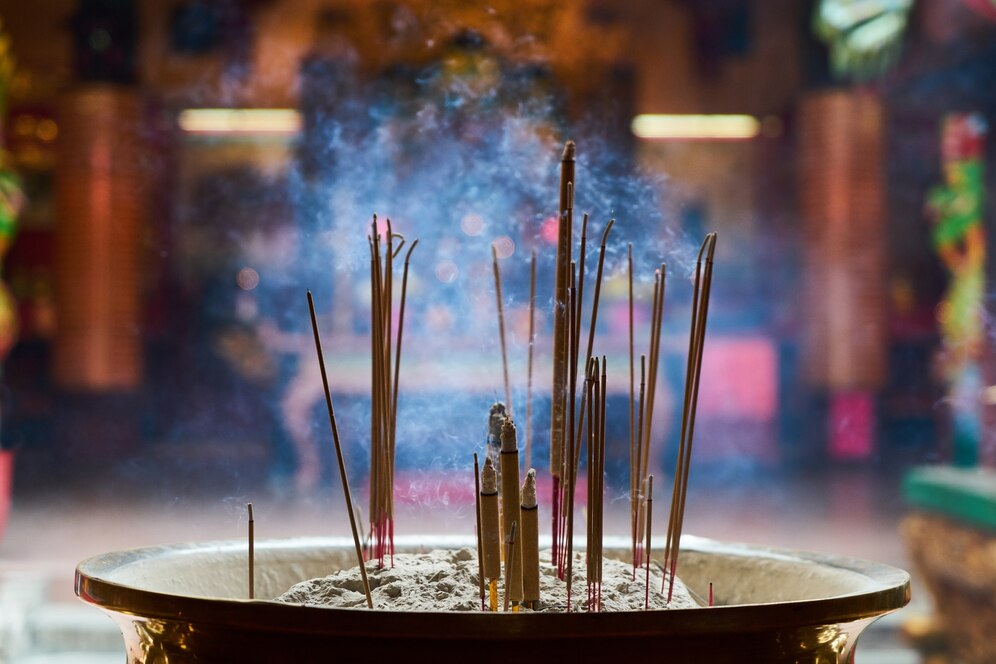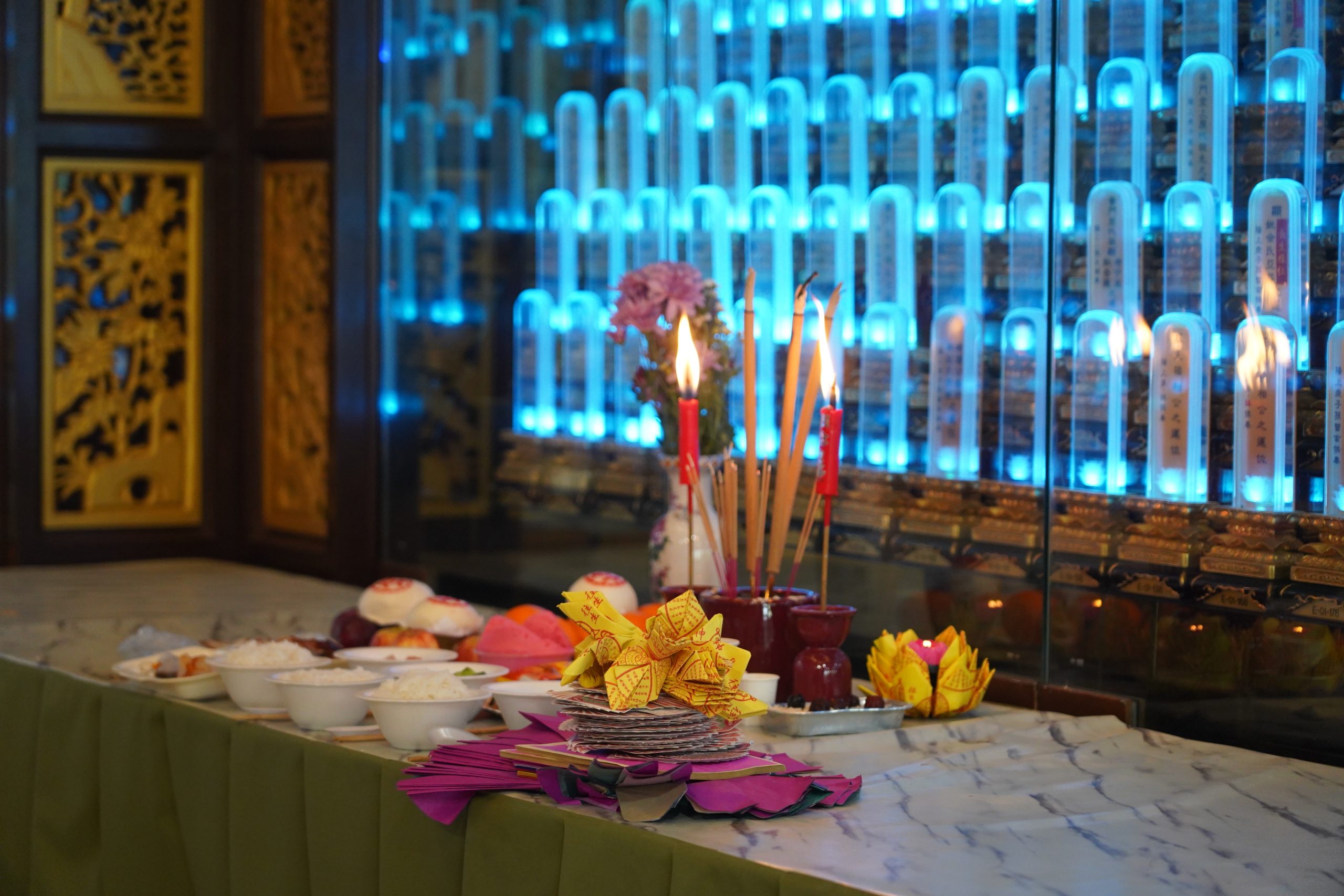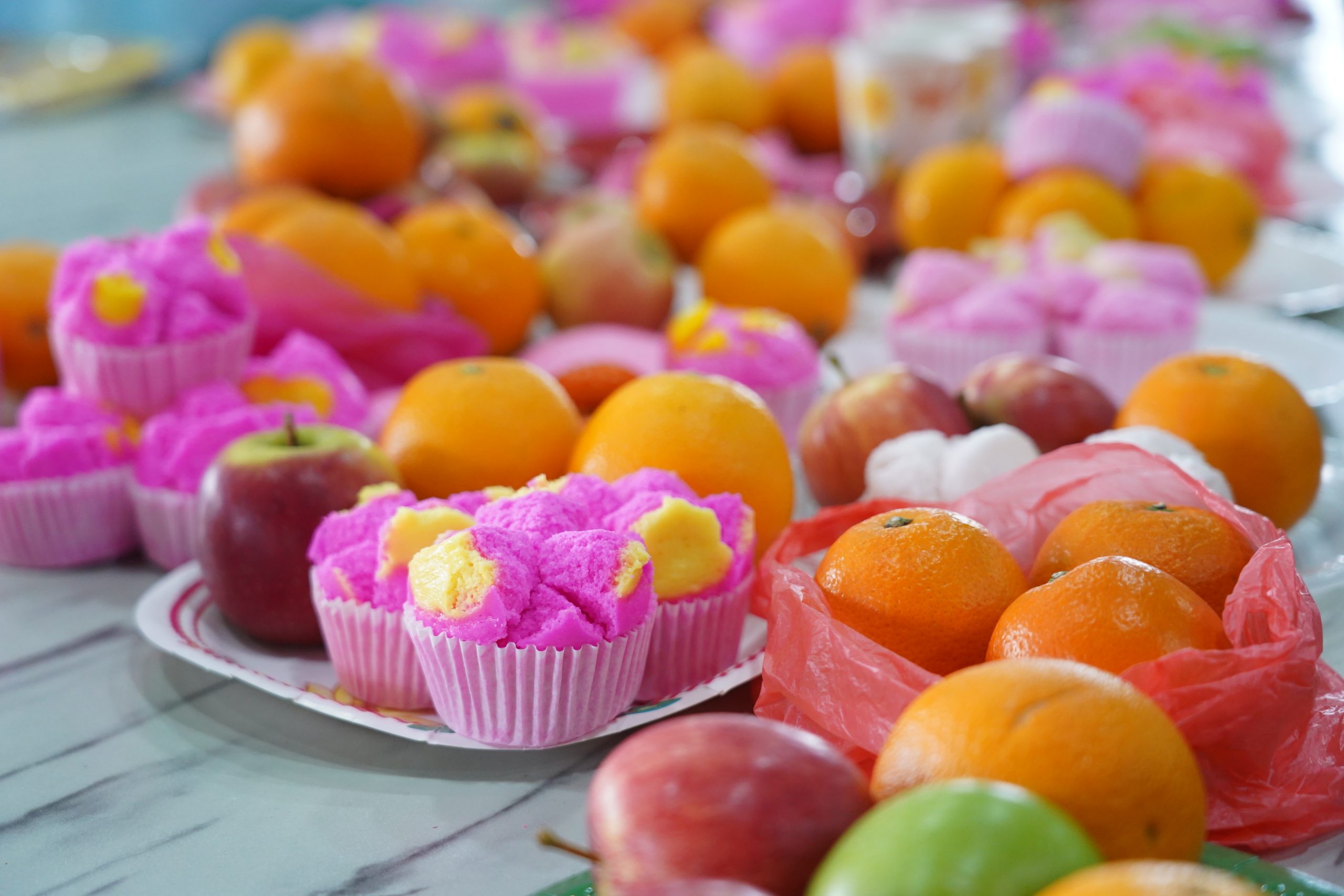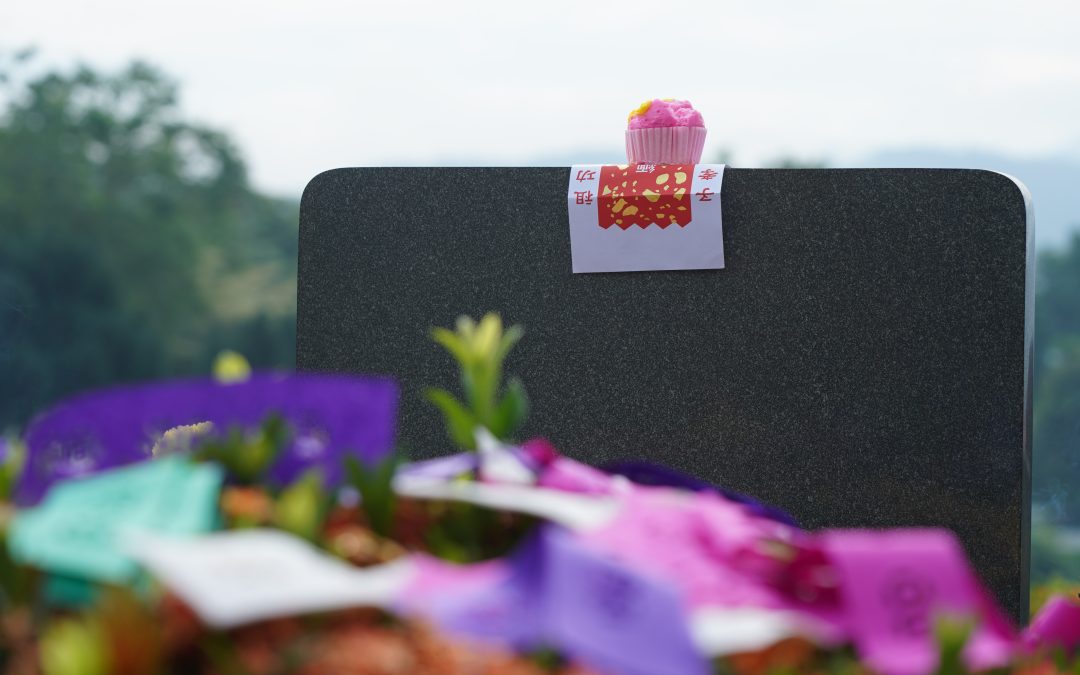As Qing Ming Festival draws closer, have you already made plans with your family for tomb-sweeping rites? Like all traditional Chinese festivals, Qing Ming Festival comes with its own set of customs and taboos. These might include not calling out the names of the living in the cemetery, married daughters not returning to their maiden homes for tomb-sweeping rites, or certain zodiac signs needing to avoid participating. Another tradition related to the Qing Ming Festival is “Early Qing Ming,” which is more of a guideline than a taboo.

“Early Qing Ming” is a simplified term that refers to the practice of visiting and performing tomb-sweeping rites before the actual Qing Ming Festival. Traditionally, there is a saying that states, “New tombs shouldn’t wait until the day to honour the Earth deity.” This belief is documented in the “Shinan Prefecture Chorography,” a Qing dynasty text that records over 31 volumes of information relating to astronomy, geography, customs, military, art, literature, and traditions. It states, “For newly buried tombs, offerings must be made before the day to honour the Earth deity, and all male and female family members, including relatives, should participate.” Deceased individuals within three years are considered “new tombs,” and their descendants should visit the tombs before Qing Ming Festival for the first three years. “Before the day to honour the Earth deity” means not exceeding the Spring Earth Deity Worship Festival, which is the traditional day for worshipping the Earth deity for a bountiful harvest, usually the fifth Wu day after the Beginning the Spring. The Spring Earth Deity Worship Festival falls on the 21st day of the second lunar month this year, which is March 20th on the Gregorian calendar.

The reasoning behind “Early Qing Ming” can be understood from two perspectives. In ancient folk beliefs that predates Buddhism and Taoism, the Chinese believed people transition to spirit form upon death.
Many believed “Early Qing Ming” is a special privilege granted by the Lord of the Netherworld to new spirits, allowing them to enjoy the offerings of filial descendants earlier without having to compete with older spirits. Therefore, descendants can perform ancestral worship earlier without waiting for the arrival of Qing Ming Festival.
The other reasoning is more rational and practical in nature. Qing Ming is one of the 24 solar terms of the traditional Chinese lunisolar calendar. Because we don’t experience the four seasons in Malaysia, we don’t feel any major changes in the transitioning of solar terms. In China however, the Qing Ming Festival is also called the Spring Outing Festival—a time when families enjoy outdoor activities and picnics while also visiting ancestral tombs. Traditionally, the Qing Ming Festival is not meant to be a sorrowful day, but rather a time for family bonding and remembrance.
Nevertheless, for those who have lost a loved one within the past three years, the grieving family members are still in mourning and may not share the more light-hearted sentiments and jovial mood of others coming to perform tomb-sweeping rites. By observing “Early Qing Ming,” bereaved families can visit the tombs earlier and mourn privately without being surrounded by the lively atmosphere of others enjoying their spring outings. From this perspective, this tradition shows consideration for the emotions of mourning families.
In the past, the definition of a new tomb was three years because mourning lasted three years. Nowadays, the three-year mourning period is rarely observed anymore, so many service providers instruct families to perform “Early Qing Ming” only in the first year. This is a result of social changes adapting to modern rhythms.
Thus, is the significance of “Early Qing Ming” to allow new spirits to enjoy offerings sooner or to let mourning families avoid noisy crowds? Beliefs are free, and traditions are merely guidelines. Whether or not to follow the “Early Qing Ming” rule should be up to the families involved. Filial piety and remembrance of loved ones are not bound by specific days; besides Qing Ming and Chong Yang Festivals, you can visit the tombs and pay respects to your ancestors anytime.

Nirvana Memorial Park: Choosing my final resting place
Nirvana Memorial Park: Choosing my final resting place Have you given thought about where you will be laid to rest after you depart from this life? Would you prefer your remains to be buried, or be eternally remembered at a grand and dignified hall of a columbarium?...
Pet Funeral Guide Malaysia
Funeral Arrangements for Pets in 2021: A Guide There’s nothing quite like the special bond we share with our furry companions. They’ve been with us, provided much joy and comfort for us, accompanied us through dark times and shared many happy moments with us. When the...
Is there need for Nirvana Life Plan Funeral Arrangement
Funeral Arrangements: Is There A Need for A Nirvana Life Plan? You might think, ‘When I go, I just go’, and I can leave all the other matters to my loved ones to take care of. Well, technically, you can, but you can also pre-plan what happens after you depart, right...
Why is Funeral Pre-Planning Important in Malaysia
Funeral Arrangements in Malaysia: Why is Funeral Pre-Planning Important. We often think it’s taboo to discuss death and after-life, and we think that when the time comes, someone will take care of our funeral matters. However, we all have given it some thought, how...
The Ultimate Guide to Funeral Arrangements in Malaysia
Losing a loved one is a distressing experience to deal with. This is because the passing of a dear friend or family member is something you can never truly prepare for no matter how much you try. Moreover, it can get a little confusing as well when you’re forced into...
Nirvana Malaysia: Engaging The Best Funeral Parlour Before Death
While death is still considered to be a taboo subject across many cultures or countries, we can also see a shift in perspective of people who’d choose to plan for their own funeral. This happens due to a variety of reasons, be it budgeting or convenience. This change...
5 main advantages of pre-planning
5 main advantages of pre-planning for yourself You assume financial responsibility of your own funeral When the unthinkable happens, the financial responsibility of your last rites now falls on your family. The average funeral is priced upward of RM20,000 excluding...
Why make offerings of light?
Why make offerings of light? In its most basic context, the act of making an offering in Buddhist tradition enables one to practice generosity in giving, to express gratitude and respect, and to contemplate on the life sustaining law of interdependence. In Buddhist...
The Feng Shui principles behind Sheng Ji
The Feng Shui principles behind Sheng Ji For the benefit of the layperson, the metaphysical art of Feng Shui can basically be divided into two; namely Yin House Feng Shui and Yang House Feng Shui. In a nutshell, Yin House Feng Shui is the practice of geomancy for the...
Ancestral Tablets
The significance of ancestral tablets Ancestor worship is a practice that occupies a supreme role in the religious and social life of Chinese society. Deeply rooted in the all-important virtue of filial piety, much of its associated rites have remained unchanged since...



























